Cracked Pepper Seeds: 10 Secrets Every Spice Lover Should Know!
If you thought cracked pepper seeds were just for shaking over pasta or sprinkling on a juicy steak, think again! This humble spice is packed with flavor, history, and a few surprises that might just change the way you season your food forever.
Table of Contents
- Why Cracked Pepper Seeds Matter in Your Kitchen
- Fresh vs. Store-Bought: Which One Wins?
- How to Store Cracked Pepper Seeds Like a Pro
- The 4 Types of Cracked Pepper Seeds You Must Try
- Creative Uses Beyond the Dinner Plate
- Cooking Tips That Will Make You a Pepper Master
- Health Benefits Hidden in Those Tiny Seeds
- Common Mistakes People Make with Cracked Pepper Seeds
- Flavor Pairings That Will Blow Your Mind
- Fun & Quirky Facts About Pepper Seeds
Why Cracked Pepper Seeds Matter in Your Kitchen
You’ve probably seen pepper seeds ground up in shakers, but have you ever stopped to appreciate what they really bring to the table? Let’s break it down:
- Texture: Unlike their powdered counterpart, cracked pepper adds a subtle crunch that elevates dishes.
- Aroma: Crushing peppercorns releases essential oils that freshen up any dish.
- Control: You decide how coarse or fine to crush them—no more over-seasoning disasters!
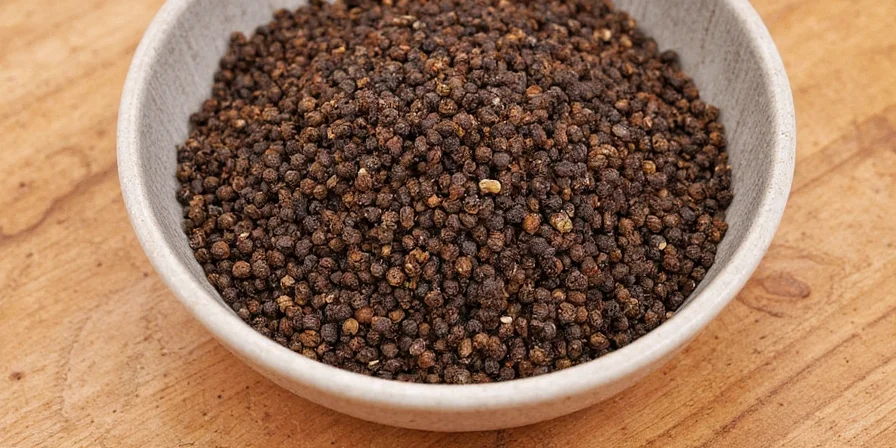
Fresh vs. Store-Bought: Which One Wins?
| Feature | Fresh Crushed | Store-Bought |
|---|---|---|
| Variety | Multiple types available | Limited options |
| Flavor Intensity | Stronger, fresher aroma | Muted over time |
| Convenience | Slight effort required | Instant access |
| Shelf Life | Lasts 3–6 months | Lasts 1–2 years (but loses punch) |
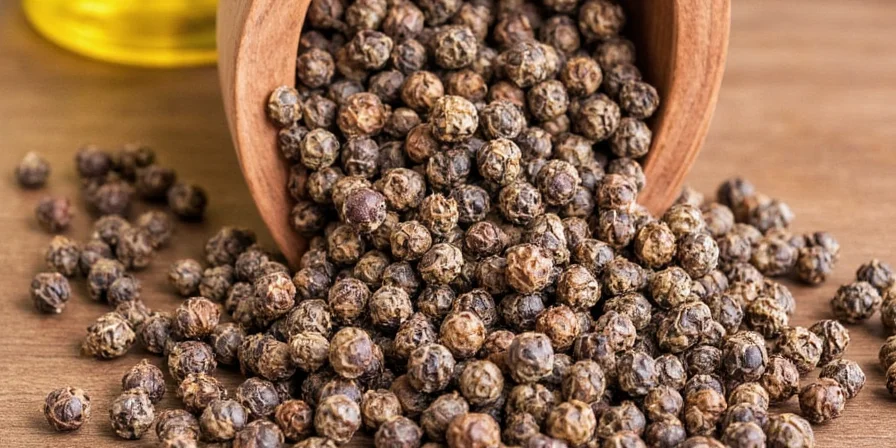
How to Store Cracked Pepper Seeds Like a Pro
So you've invested in some quality cracked pepper seeds — don’t let them go to waste! Here's how to keep them at peak freshness:
- Use airtight glass containers (dark-colored if possible).
- Keep away from heat sources like stoves or ovens.
- Avoid exposure to sunlight or humidity.
- Grind only what you need per use to preserve potency.
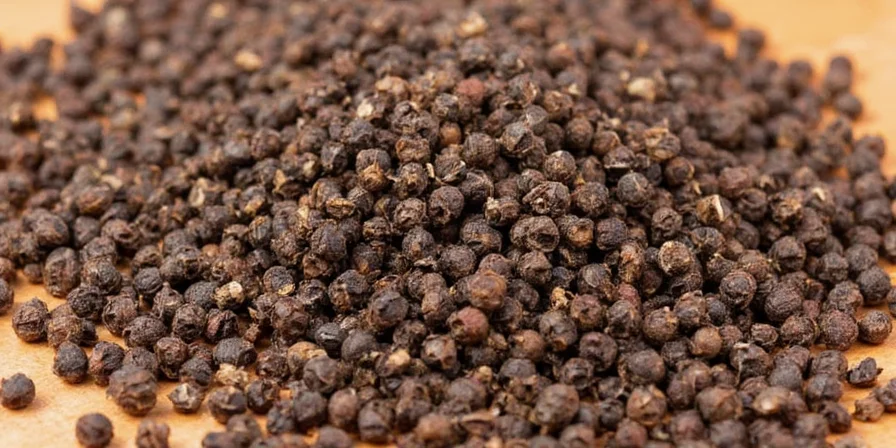
The 4 Types of Cracked Pepper Seeds You Must Try
Not all cracked pepper seeds are created equal. Here’s a breakdown of four popular varieties and what makes each unique:
- Black Peppercorns: The most common type. Bold, earthy, and slightly spicy.
- White Peppercorns: Milder with a creamier finish. Often used in sauces and soups.
- Green Peppercorns: Unripe berries preserved in brine. Fresh and tangy.
- Pink Peppercorns: Not technically pepper, but oh-so-flavorful. Fruity and floral notes.
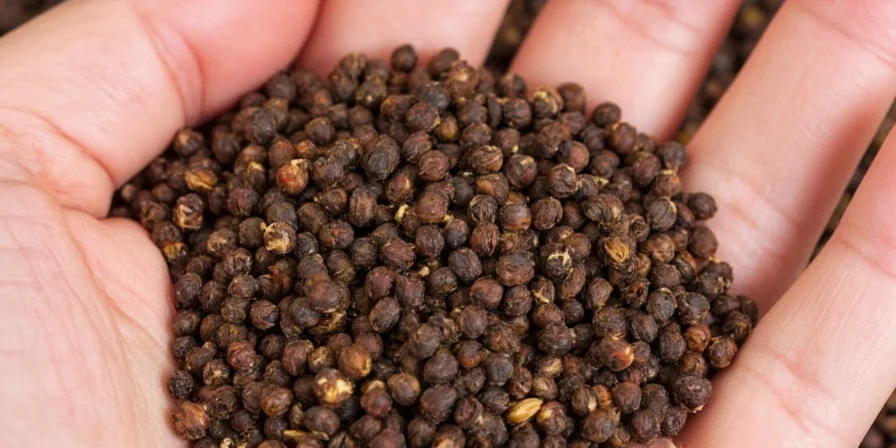
Creative Uses Beyond the Dinner Plate
Who says cracked pepper seeds are only for food? Here are some unexpected ways to put them to good use:
- Add a pinch to homemade soap for an exfoliating effect.
- Create a DIY air freshener by simmering water with citrus and cracked pepper.
- Use in potpourri for a warm, spicy aroma blend.
- Make a natural insect deterrent by infusing vinegar with crushed pepper seeds.
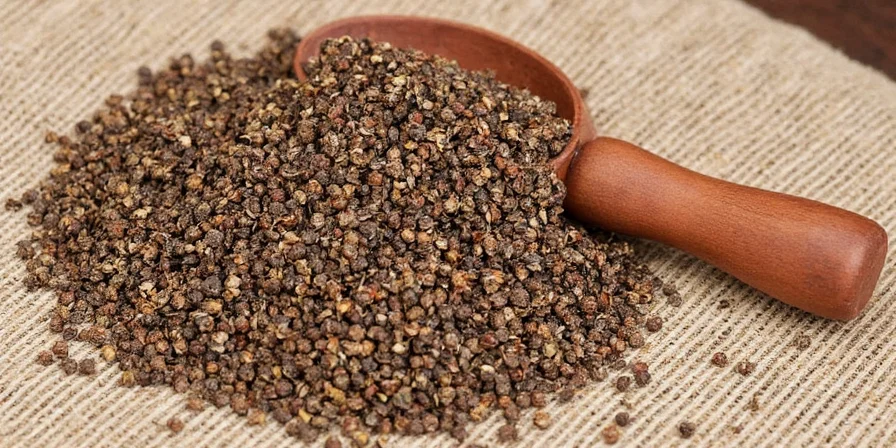
Cooking Tips That Will Make You a Pepper Master
Ready to level up your culinary game? These tricks will make cracked pepper seeds work harder in your kitchen:
- Add cracked pepper early in slow-cooked dishes to infuse depth into the broth.
- Use in dry rubs for meats and vegetables before roasting.
- Toast seeds lightly before crushing for a nuttier, richer flavor profile.
- Pair with citrus zest to brighten up creamy sauces or mashed potatoes.
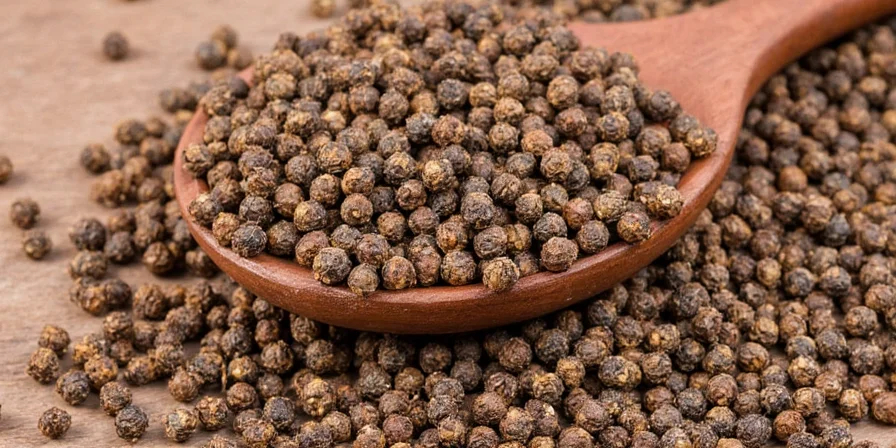
Health Benefits Hidden in Those Tiny Seeds
Cracked pepper isn't just tasty—it’s also good for you! Check out these surprising health perks:
- Digestive Aid: Stimulates hydrochloric acid production in the stomach.
- Antioxidant Boost: Packed with antioxidants that fight free radicals.
- Better Nutrient Absorption: Enhances bioavailability of turmeric, making curcumin more effective.
- Anti-inflammatory Properties: May help reduce joint pain and inflammation.
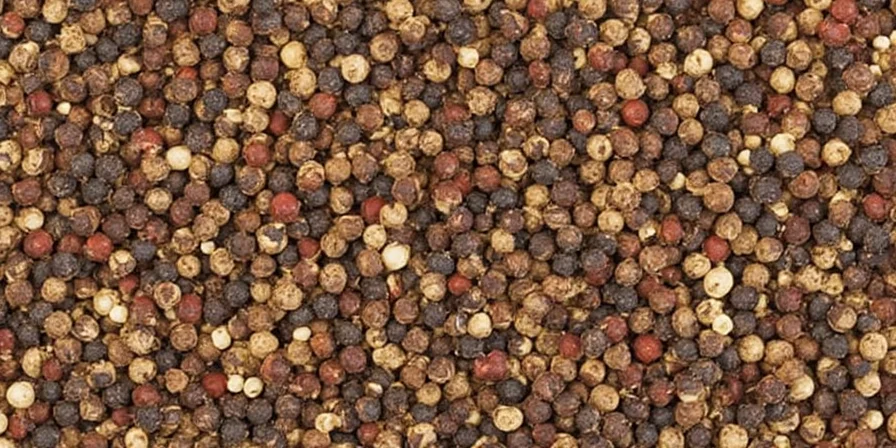
Common Mistakes People Make with Cracked Pepper Seeds
We all love our spices, but here are some easy mistakes even seasoned cooks make:
- Over-grinding: Too fine can dull flavor and texture.
- Adding too late: Misses the chance to infuse flavor during cooking.
- Using old stocks: Stale pepper equals sad flavor.
- Storing near strong aromatics: They’ll absorb smells and lose purity.
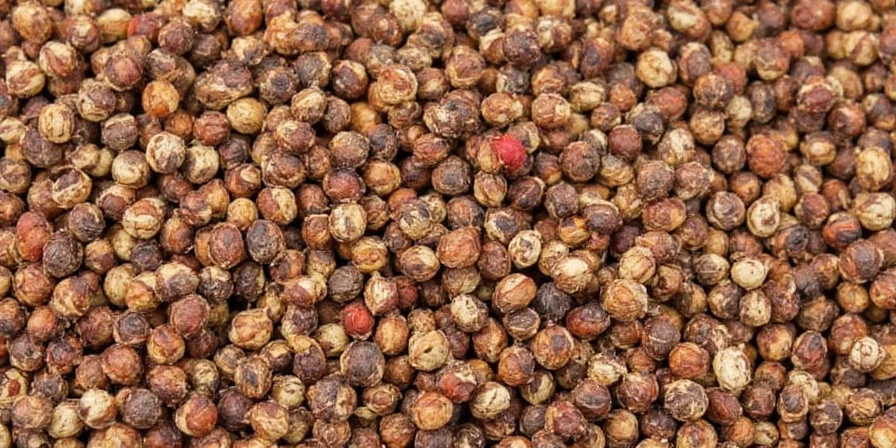
Flavor Pairings That Will Blow Your Mind
Want to take your cracked pepper game to the next level? Try these flavor combinations:
- Dark Chocolate + Cracked Pepper: Sweet meets spicy in a rich, adult dessert.
- Honey + Cracked Pepper: Drizzle over grilled cheese or roasted veggies for balance.
- Ginger + Cracked Pepper: Adds warmth and complexity to stir-fries.
- Citrus Zest + Cracked Pepper: Perfect for seafood and light pasta dishes.
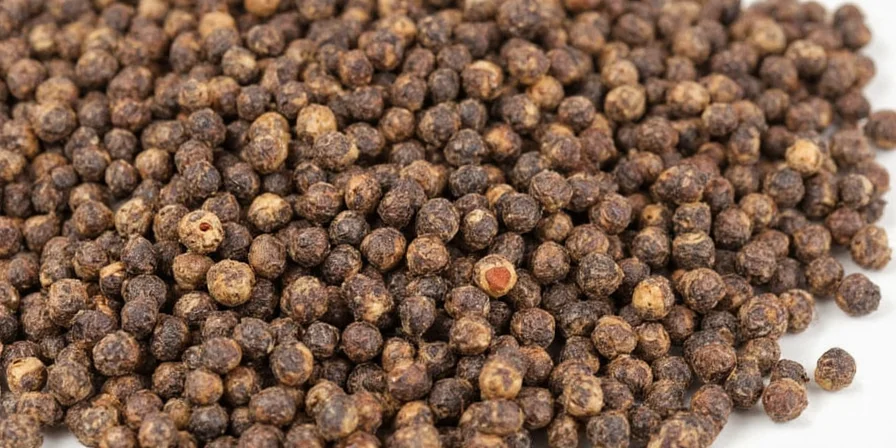
Fun & Quirky Facts About Pepper Seeds
Time for a little trivia! Did you know…
- Pepper was once so valuable it was called “black gold.”
- In ancient Rome, pepper was used as currency and even tribute payments.
- The spiciness in pepper comes from a compound called piperine—not capsaicin like in chili peppers.
- Some cultures burn dried pepper seeds to ward off evil spirits!
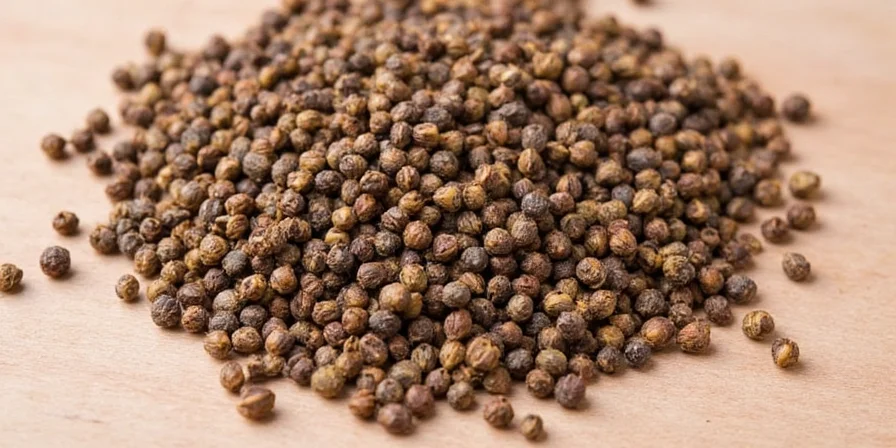
Conclusion
There you have it — cracked pepper seeds aren’t just a staple in your spice rack; they’re a powerhouse of flavor, texture, and history. From enhancing your dishes to boosting your health, this simple spice deserves a starring role in your kitchen.
Whether you're a home cook or a seasoned chef, experimenting with cracked pepper seeds can unlock a whole new world of taste. So go ahead — crack open a new bag, get creative, and let those tiny seeds do big things!
And remember — when life gives you bland meals, add a little cracked pepper!

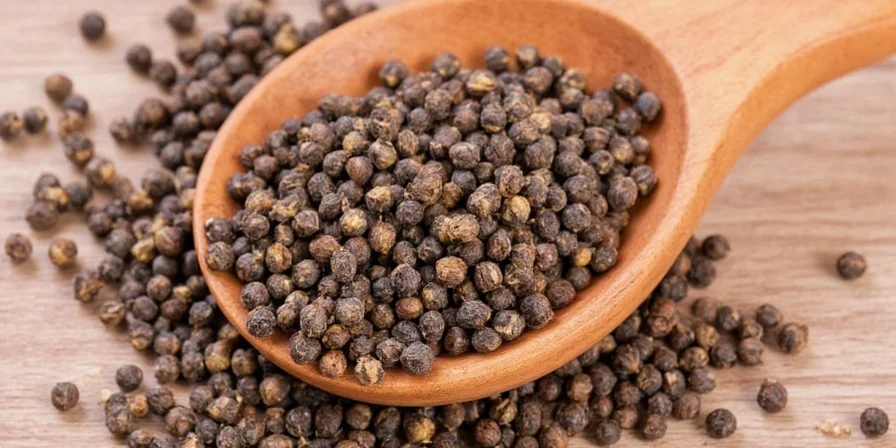









 浙公网安备
33010002000092号
浙公网安备
33010002000092号 浙B2-20120091-4
浙B2-20120091-4